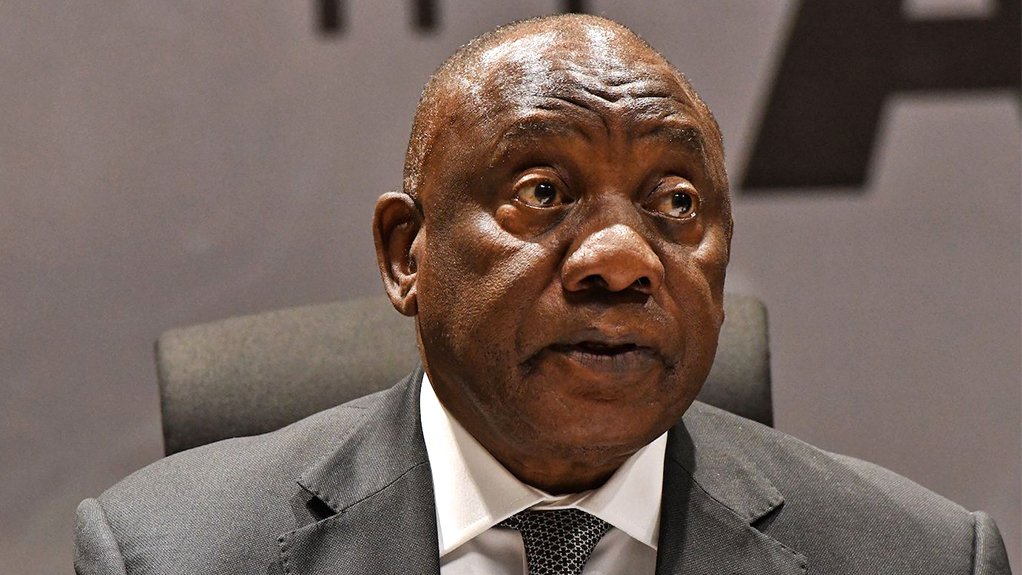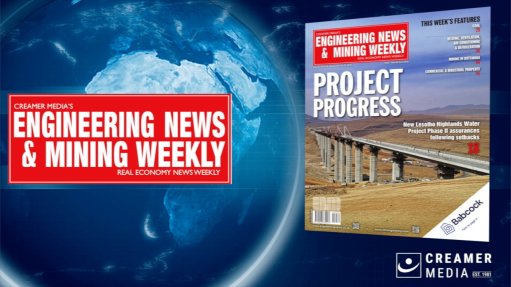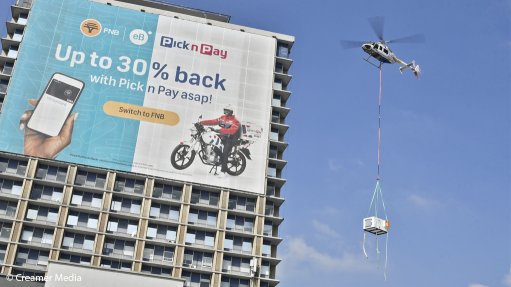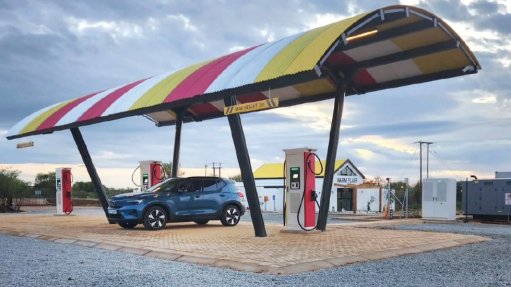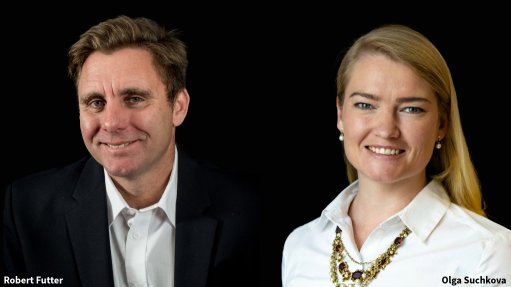Rand strengthens as South Africa’s coalition avoids collapse
South Africa’s currency gained after the nation’s fractious ruling coalition weathered its latest storm when a key partner opted to remain in the government.
President Cyril Ramaphosa fired the Democratic Alliance’s (DA's) Andrew Whitfield from his deputy trade minister’s post last week for travelling abroad without permission. The decision was criticised by DA leader John Steenhuisen, who accused Ramaphosa of double standards and gave him a two-day ultimatum to fire ministers from his African National Congress (ANC) who’ve been implicated in corruption.
The DA’s top leadership decided at a weekend meeting against leaving the so-called government of national unity or submitting a motion of no confidence in the president, instead resolving to vote against some departments’ budget allocations and boycott a national dialogue on the country’s future.
The rand gained as much as 0.7% and traded 0.4% stronger against the dollar at 17.76 by 12:34 pm on Monday after it became apparent that neither of the GNU’s two biggest members want it to unravel.
The ANC, DA and eight smaller rivals linked up after last year’s elections failed to produce an outright winner and agreed to focus on growing the economy and safeguarding the constitution — priorities that found favour with investors and buoyed the nation’s assets.
“Overall, this action from the DA is unlikely to be seen as confrontational enough to warrant their removal, and both parties are expected to prefer maintaining the coalition,” said Kyle Coertze, an investment analyst at Cartesian Capital. “While the coming days may bring heightened rhetoric and some uncertainty, this confrontation is unlikely to escalate significantly. If anything, it could lead to a more balanced and accountable coalition dynamic.”
The year-old coalition has weathered several previous crises in which the ANC and DA sparred over land expropriation, school admission and language policy, and plans to introduce universal national health insurance. They also clashed over the National Treasury’s plans to raise value-added tax, which twice delayed the passage of the budget before a compromise was reached.
The GNU has made progress in addressing a number of key challenges facing the country, yet its members have failed to establish robust mechanisms for managing their inevitable disagreements without threatening the entire arrangement, said Busisiwe Mavuso, chief executive officer of lobby group Business Leadership South Africa.
“This fragility is having real consequences,” she said. “Business confidence, which had been steadily improving, is now tempered by questions about policy continuity and reform momentum. When political survival takes precedence over governance, everyone loses.”
If the DA did go into opposition, the ANC could theoretically retain power by enlisting the support of smaller parties, though it would have a razor-thin parliamentary majority and struggle to get laws approved. It might also consider aligning with former President Jacob Zuma’s uMkhonto weSizwe Party or the leftist Economic Freedom Fighters, which are respectively the country’s third- and fourth-largest political parties and favour the nationalisation of mines and land, though such a move would likely spark capital flight and a run on the rand.
Ramaphosa has asked the DA to suggest a replacement for Whitfield, meaning it will retain its agreed quota of six ministers and six deputies. A nominee will be decided this week, DA spokesperson Willie Aucamp said by phone on Monday.
With municipal elections scheduled to take place by early 2027, renewed friction within Ramaphosa’s administration is almost inevitable.
“For now, the GNU limps on,” said Louw Nel, a political analyst at Oxford Economics. “The DA remains unwilling to quit the GNU but continues to challenge the ANC and dare the party to kick it out. The ANC is unwilling to do so but continues to behave in ways that undermine and challenge the DA’s continued participation. Many within the coalition remain committed to making it work, but a year after its formation, there is little to be optimistic about.”
Comments
Press Office
Announcements
What's On
Subscribe to improve your user experience...
Option 1 (equivalent of R125 a month):
Receive a weekly copy of Creamer Media's Engineering News & Mining Weekly magazine
(print copy for those in South Africa and e-magazine for those outside of South Africa)
Receive daily email newsletters
Access to full search results
Access archive of magazine back copies
Access to Projects in Progress
Access to ONE Research Report of your choice in PDF format
Option 2 (equivalent of R375 a month):
All benefits from Option 1
PLUS
Access to Creamer Media's Research Channel Africa for ALL Research Reports, in PDF format, on various industrial and mining sectors
including Electricity; Water; Energy Transition; Hydrogen; Roads, Rail and Ports; Coal; Gold; Platinum; Battery Metals; etc.
Already a subscriber?
Forgotten your password?
Receive weekly copy of Creamer Media's Engineering News & Mining Weekly magazine (print copy for those in South Africa and e-magazine for those outside of South Africa)
➕
Recieve daily email newsletters
➕
Access to full search results
➕
Access archive of magazine back copies
➕
Access to Projects in Progress
➕
Access to ONE Research Report of your choice in PDF format
RESEARCH CHANNEL AFRICA
R4500 (equivalent of R375 a month)
SUBSCRIBEAll benefits from Option 1
➕
Access to Creamer Media's Research Channel Africa for ALL Research Reports on various industrial and mining sectors, in PDF format, including on:
Electricity
➕
Water
➕
Energy Transition
➕
Hydrogen
➕
Roads, Rail and Ports
➕
Coal
➕
Gold
➕
Platinum
➕
Battery Metals
➕
etc.
Receive all benefits from Option 1 or Option 2 delivered to numerous people at your company
➕
Multiple User names and Passwords for simultaneous log-ins
➕
Intranet integration access to all in your organisation



